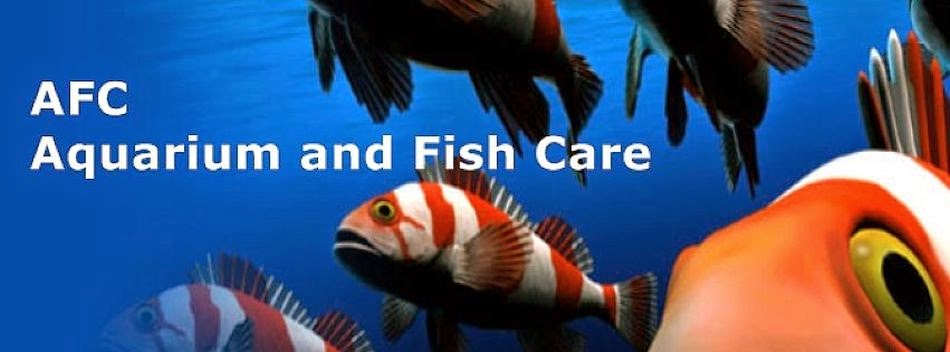 |
| Zebra Danios - Photo: Wikimedia |
The Zebra Danio or Zebra Fish, Brachydanio rerio or Danio rerio is a very popular aquarium fish which comes from Eastern India and Bangladesh.
This fish is often regarded as a cool water fish, but in fact, can survive in water of a very wide range of temperatures. I have heard reports of them surviving through the winter with pond temperatures as low as 4C (3S F). This is the temperature water gets under ice. However, I do not recommend them as a pond fish for these conditions. At the other extreme, I have read that they can survive very high temperatures. Again, I would not suggest very high temperatures for it.
In practice, the Zebra Danio is happy in either cold water or tropical aquariums.
Leopard Danios
The Leopard Danio is sometimes given the scientific name Brachydanio frankei or Danio frankei but is probably not a true species, but rather a variation of the Zebra Danio. It crosses readily with the Zebra Danio producing fertile young. Care of these two fish is identical. The striped coloration appears to act as a dominant single gene to the spotted pattern of the Leopard fish.
Note that hybrids can occur within the genus, but they are normally sterile.
Companions
The Zebra Fish grows to about 2 inches (5cm) long so it is a small fish. It is usually peaceful, but I have observed enough aggression to class it as slightly aggressive, rather than peaceful. It is a strongly schooling fish and, as with most schooling fish, they tend to be more likely to be aggressive if there is less than a school. However, I have known a school of Zebra Fish attacks a Siamese Fighting Fish so I would avoid slow moving fish with long fins in with Zebra Fish.
Suitable companions for the Zebra Fish include White Cloud Mountain Minnows, most tetras, including Neon Tetras, Cardinal Tetras, Glass Bloodfin Tetras, Emperor Tetras, Black Widow Tetras, small Goldfish and other similar sized fish.
I would avoid slow moving, long finned fish like Guppies, Endlers Guppies and Siamese Fighting Fish.
Water
The Zebra Fish is reasonably flexible in its water preferences, but I suggest neutral to slightly alkaline water. The hardness does not seem to be critical. They do not like ammonia or nitrites, so the water should be kept clean and well filtered.
Food
The Zebra Fish is very easily fed. They are usually the first fish to come to the top to eat. It is an omnivore and will eat any normal fish food. They usually eat at the surface but are happy enough feeding at any level of the aquarium. Catching the Zebra Fish
If you can catch your fish before they are disturbed, the Zebra Fish is very easy to catch. They will swim into the net. However, once they are disturbed they are extremely good at evading capture. The horizontal stripes combined with its speed of swimming make seeing it more difficult.
Counting
Occasionally an aquarium shop will have a competition to guess the number of fish in an aquarium on display. The fish chosen is usually the Zebra Fish because they are very difficult to count.
Breeding
The Zebra Fish is easily conditioned because they eat so readily. Live daphnia or mosquito larvae (wrigglers) are good. If these are not available, there are plenty of good dry and frozen foods. I use frozen blood worms.
It is an easily bred egg scatterer. They are also avid egg eaters. One common way of protecting the eggs is to have the water shallow with marbles or small rounded pebbles on the bottom. Most of the eggs will fall between the stones or marbles and have a chance of hatching.
Increasing the temperature a few degrees will often stimulate spawning. A temperature of about 26 C (78 F) is suitable for spawning the Zebra Fish. Eggs can hatch in a day. One female will produce between 200 and 800 eggs, so the eggs and the fry that hatch from them are small.
The natural food of the fry is protozoans (Infusoria) in the water. This can be supplemented with commercial fry food. Live food is very good including screened daphnia or newly hatched brine shrimp.
By Steve Challis - [http://www.bettatrading.com.au]
Article Source: EzineArticles
|

No comments:
Post a Comment